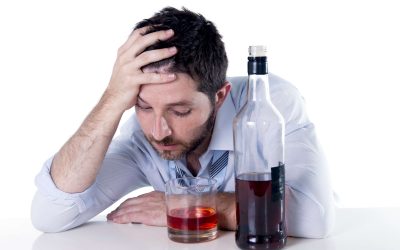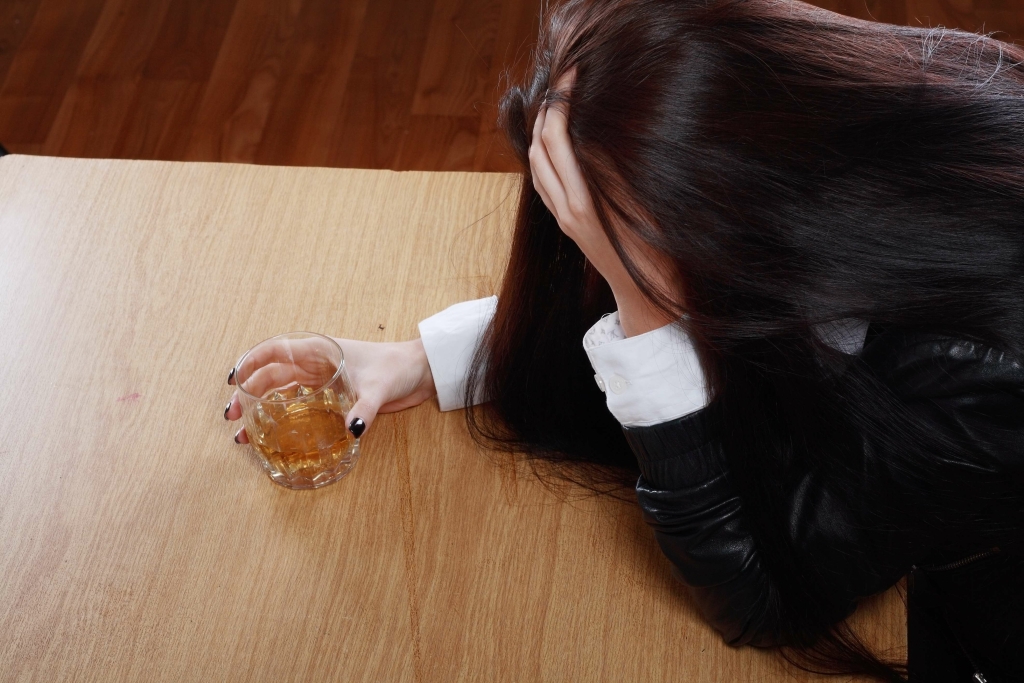The understanding of addiction as a disease has also led to more informed public health policies. For instance, the Mental Health Parity and Addiction Equity Act of 2008 requires medical insurance plans to provide the same coverage for substance-use disorders and other mental illnesses as is provided for other illnesses. The understanding and acceptance of addiction as a chronic brain disorder, often referred to as the ‘disease model of addiction’, has significant implications in both the field of neuroscience and public health policies. While the disease model aims to mitigate blame, viewing addiction in the context of neuroscience could also lead to other forms of stigma. For instance, the perception of addiction as a brain disease might lead to the stigmatization of individuals with addiction as biologically different or ‘damaged’.

An intervention is not about how to control the substance user; it is about how to let go of believing you can.
This is due to the effect drugs have on the brain’s limbic system, the so-called “reward circuit,” which teaches us to repeat behaviors that cause pleasure. Like diabetes, cancer, or heart disease, addiction is a chronic disease that involves cycles of relapse and remission. Without treatment or engagement in recovery activities, addiction is progressive and can result in disability or premature death.
What Are the Available Addiction Hotlines and Support Services in the U.S.?
- You can rewire your brain after addiction by leveraging the brain’s neuroplasticity to create new, healthier neural pathways.
- Not all individuals consuming substances at hazardous levels have an SUD, but a subgroup do.
- Studies suggest that individuals who engage in one problem behavior are likely to engage in another problem behavior.
- But when drugs enter the picture, they flood these pathways with an overwhelming surge of feel-good chemicals.
Deterrence depends on proper screening criteria for early signs of potential addiction and early childhood education. School programs like DARE represent a positive effort to curb drug use and experimentation. However, while education is most effective before the development of health problems, patient education has a place at any stage of addiction. Patients are more likely to reach and maintain abstinence and institute positive lifestyle changes if clinicians and other healthcare professionals engage in consistent and positive patient encouragement. Post-traumatic stress disorder (PTSD) – common concurrence among alcohol abusers. While the 2 are different conditions with separate signs and symptoms, treating the cause of PTSD can mitigate or eliminate the underlying addiction.
The Long-Term Effects on Brain Function
Despite manufacturer claims, these are chemical compounds rather than “natural” or harmless products. These drugs can produce a “high” similar to marijuana and have become a popular but dangerous alternative.
Enhancing Healthcare Team Outcomes

This model assumes the person is weak and requires a spiritual solution. Whether or not addiction is a disease or mental illness, the patient is not a victim, and there are treatment options that produce successful outcomes. Whether or not you choose to believe it is a disease or a mental illness, or https://ecosoberhouse.com/ whether or not doctors and psychiatrists decide to do the same, the patient still produces a wake of destruction upon those closest to them and who love them the most. A family has to ask themselves, at what point is it not okay to let your loved one treat you and themselves the way they do? Our state-specific resource guides offer a comprehensive overview of drug and alcohol addiction treatment options available in your area.
Not all people physically dependent have an addiction, and all with an addiction are physically dependent. The only time this would not apply is when a drug does not cause physical dependency, such as LSD. There are many people who don’t understand the reasons why people become addicted to drugs and alcohol. They may think that addiction is the result of a moral failing or a defect in character. In reality, drug and alcohol addiction is seen as a complex and progressive disease. While the disease of addiction is devastating to both the addict and the ones they love, increased research has led to treatments that can help drug addiction treatment addicts return to normal lives.

Factors Influencing Vulnerability
This view is supported by research showing that drug addiction causes physical changes in the brain, altering its structure and function. So, for people asking if drug addiction is a disease, the answer is an overwhelming yes. Addiction has a profound impact on the brain’s chemistry, particularly in areas responsible for reward, motivation, and memory.
Families hang onto that early diagnosis as the primary cause, which could be true, and often, it isn’t. When something happens to someone, no matter how little or big it is, there is the potential for maladaptive behaviors and coping mechanisms to address the experience(s). Most people do not seek professional help with their problems when it happens. Later in life, they seek professional help, and the doctor, psychologist, psychiatrist, or clinician listens in the session for diagnosable disorders, not necessarily unresolved issues. The theory of addiction being a mental illness and treating with this theory falls under the psychological model. The psychological model is one of many models, and unfortunately, there are several models to choose from, which we will discuss in the next section.
What are the symptoms of addiction as a mental illness?
In scientific and clinical usage, addiction typically refers to individuals at a moderate or high severity of SUD. This is consistent with the fact that moderate-to-severe SUD has the closest correspondence what does drug addiction mean with the more severe diagnosis in ICD 117–119. Nonetheless, akin to the undefined overlap between hazardous use and SUD, the field has not identified the exact thresholds of SUD symptoms above which addiction would be definitively present. Drug addiction can start with experimental use of a recreational drug in social situations, and, for some people, the drug use becomes more frequent. For others, particularly with opioids, drug addiction begins when they take prescribed medicines or receive them from others who have prescriptions.